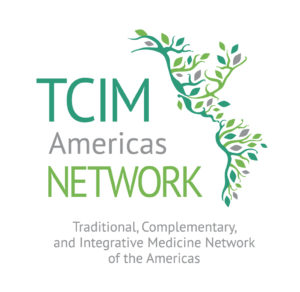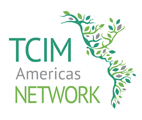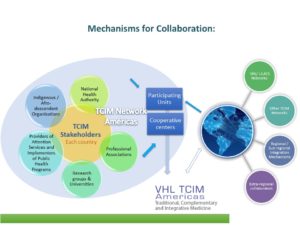The Network
About the TCIM Americas Network
 The Traditional, Complementary, and Integrative Medicine Network for the Americas (TCIM Americas Network) is a collaborative initiative, created with the objective of interconnecting several stakeholders involved in the formulation of policies, regulation, training, promotion, practice, use and research of TCIM in the Americas. The aim is to develop a common agenda and advance in the integration of TCIM in healthcare systems and services according to each national context.
The Traditional, Complementary, and Integrative Medicine Network for the Americas (TCIM Americas Network) is a collaborative initiative, created with the objective of interconnecting several stakeholders involved in the formulation of policies, regulation, training, promotion, practice, use and research of TCIM in the Americas. The aim is to develop a common agenda and advance in the integration of TCIM in healthcare systems and services according to each national context.
The TCIM Americas Network is an inclusive, horizontal-governance initiative, currently gathering several organizations from 15 countries of the Americas, and continuously growing. The TCIM Americas Network was established in June 2017 by a group of delegates in the Regional Meeting “Advancing Towards Universal Health: Contributions of Traditional and Complementary Medicine”, in Managua, Nicaragua (click here to know more about the event).
Since its establishment, the TCIM Americas Network took over the management of the Virtual Health Library on Traditional, Complementary, and Integrative Medicine (VHL TCIM). This Network is responsible for the content and development of the portal, and also, of the specialized TCIM database, with the technical support from BIREME/PAHO/WHO.



 Health authorities and regulatory agencies
Health authorities and regulatory agencies